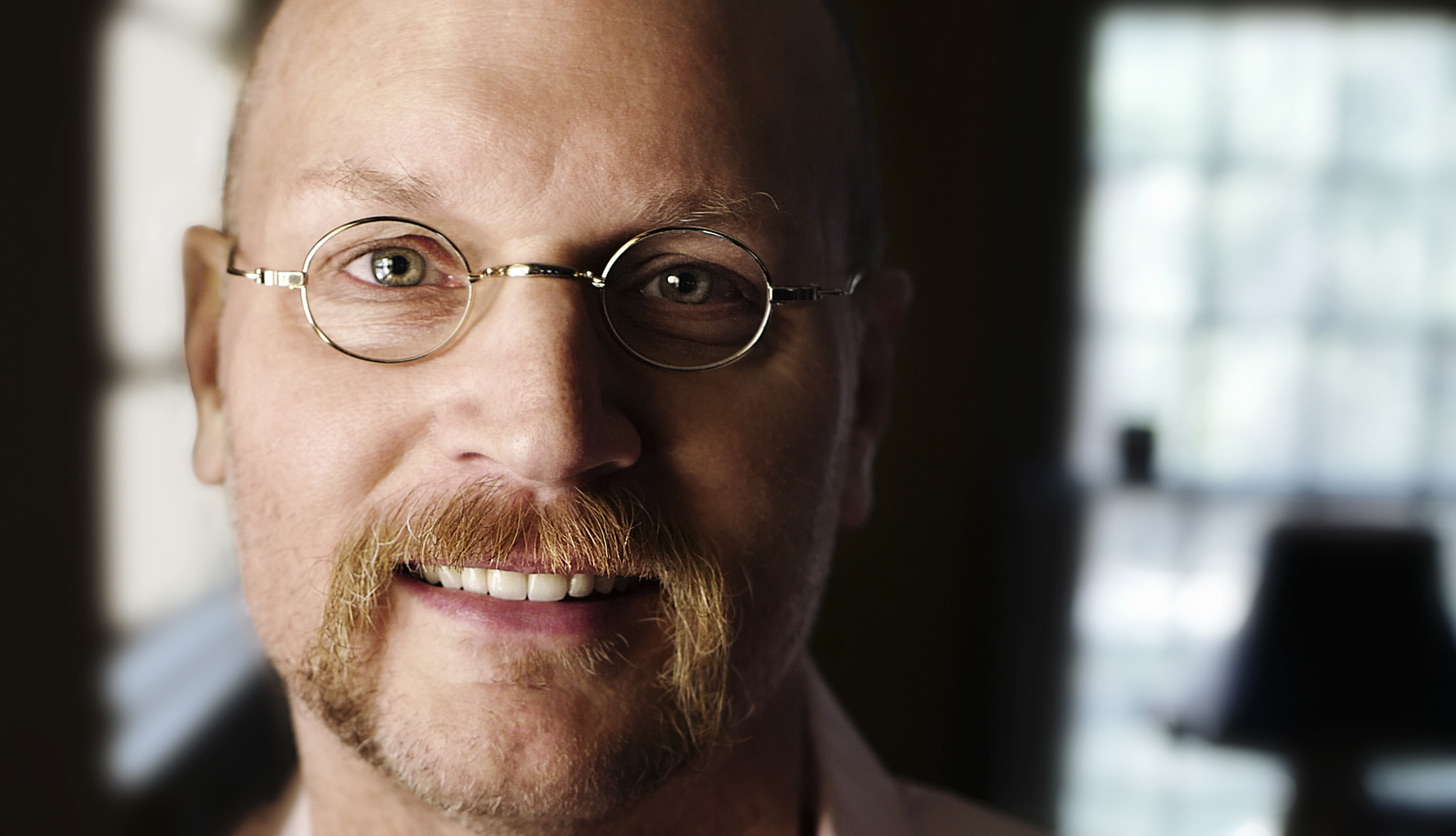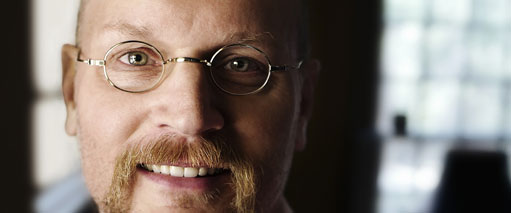Culture Shock: The Truth Is In The Text
Talking Breakups, Dogs And Happiness With Augusten Burroughs


Christopher Schelling
Latest Article|September 3, 2020|Free
::Making Grown Men Cry Since 1992


Christopher Schelling


